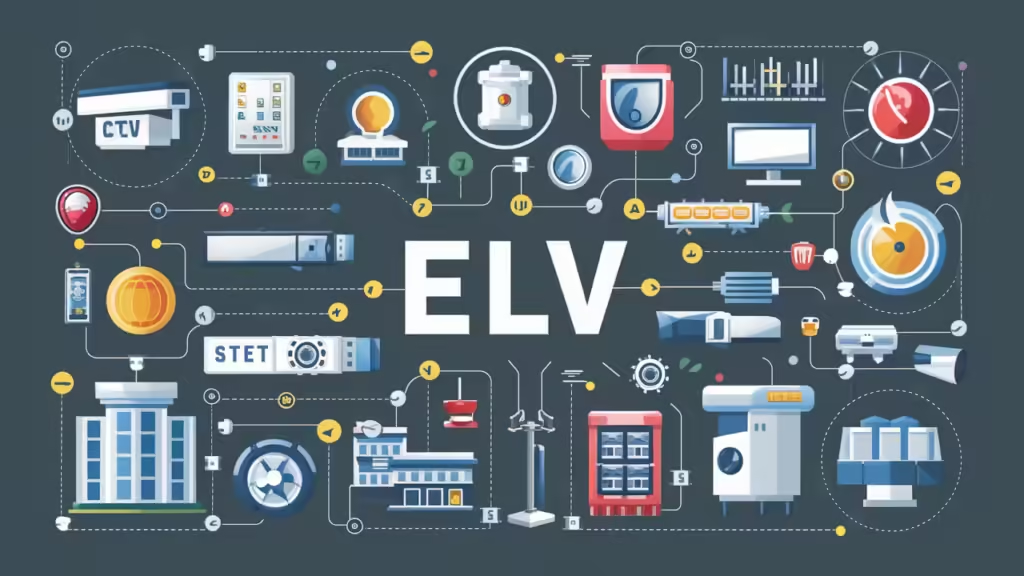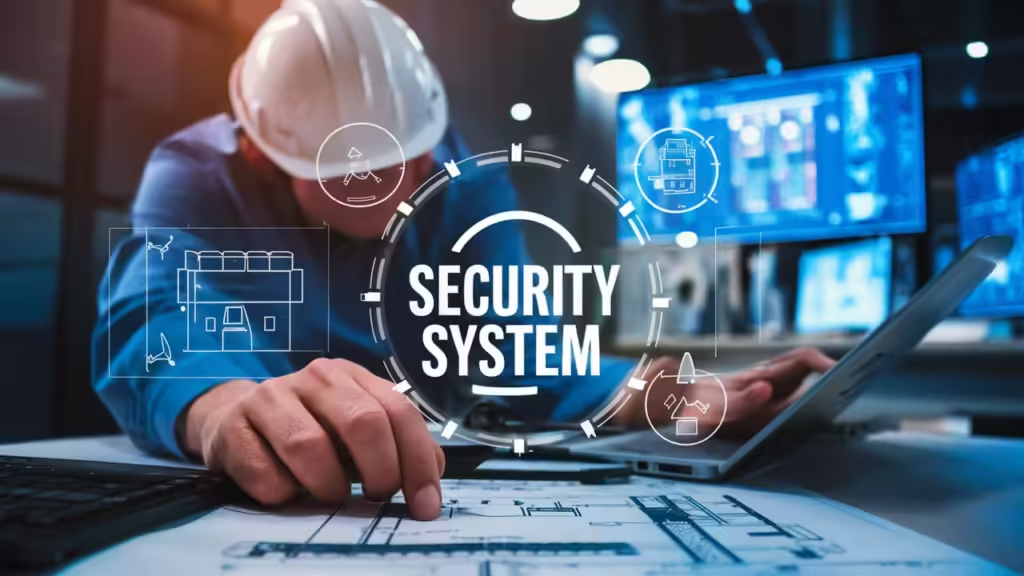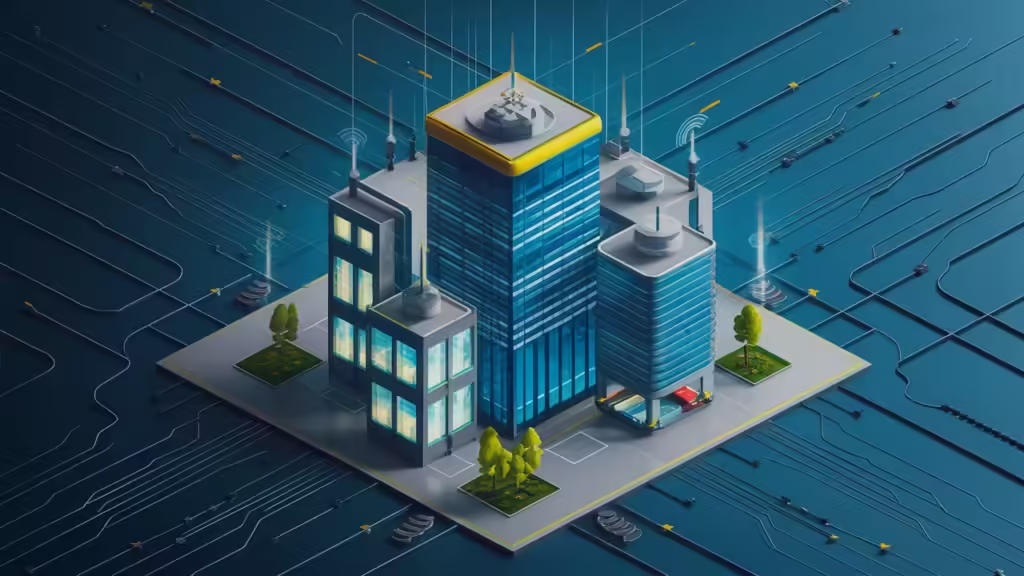Table of Contents
A Comprehensive Guide to ELV services and Expertise
In the modern landscape of building design and infrastructure, staying ahead requires more than just conventional methods. Enter ELV System Consultancy, a pivotal aspect of construction and infrastructure projects that often goes unnoticed but plays a significant role in ensuring efficiency, safety, and innovation. In this comprehensive guide, we delve into the world of ELV (Extra-Low Voltage) System Consultancy, exploring its significance, services, the role of ELV engineers, and demystifying concepts like the ELV shaft.
What is ELV System Consultancy ?
ELV System stands for Extra-Low Voltage . In essence, it encompasses a range of technologies and systems that operate on low voltage levels, typically below 50 volts. These systems are integral to modern buildings, serving various functions such as communication, security, safety, and automation. ELV System Consultancy involves the design, implementation, and maintenance of these systems to ensure optimal performance and integration within a building’s infrastructure.

What are ELV Services?
ELV services encompass a diverse array of systems and technologies tailored to meet the specific needs of a building or facility. Some common ELV services include:
Security Systems: This includes CCTV surveillance, access control systems, intrusion detection, and biometric identification systems, all aimed at enhancing the security posture of a building.
Communication Systems: These encompass data networking, voice communication, intercom systems, and wireless connectivity solutions, enabling seamless communication within and outside the premises.
Automation and Control Systems: Automation systems such as building management systems (BMS), lighting control, HVAC (Heating, Ventilation, and Air Conditioning) control, and energy management systems fall under this category, optimizing energy usage and enhancing occupant comfort.
Audio-Visual Systems: From conference room setups to auditoriums and entertainment areas, audio-visual systems play a crucial role in delivering immersive experiences and facilitating effective communication.
Fire Alarm and Life Safety Systems: These systems include fire detection, alarm, and suppression systems, as well as emergency lighting and evacuation guidance systems, ensuring the safety of occupants in case of emergencies.

What is an ELV Engineer?
An ELV Engineer is a specialist tasked with designing, implementing, and maintaining Extra-Low Voltage systems within a building or infrastructure project. These professionals possess a deep understanding of various ELV technologies, regulations, and best practices. Their responsibilities may include system design, equipment selection, integration, testing, troubleshooting, and ongoing support. ELV Engineers work closely with architects, electrical engineers, contractors, and end-users to deliver solutions that meet the functional, operational, and budgetary requirements of a project.

What is the Full Form of ELV Shaft?
ELV Shaft stands for Extra-Low Voltage Shaft. In building construction, an ELV Shaft refers to a designated space or conduit reserved for the installation and routing of Extra-Low Voltage cables, wires, and equipment. These shafts are essential for organizing and segregating various ELV systems, ensuring easy access for maintenance and upgrades, and minimizing interference with other building services.
Going Beyond: Harnessing the Potential of ELV System Consultancy
While the fundamental aspects of ELV System Consultancy are crucial, the true potential lies in its adaptability and innovation. As technology continues to evolve, so do the capabilities of ELV systems. From the integration of IoT (Internet of Things) devices to the utilization of AI (Artificial Intelligence) for predictive maintenance, the future of ELV System Consultancy holds immense promise.
Challenges and Opportunities
Despite its numerous benefits, ELV System Consultancy also presents challenges. These may include interoperability issues between different systems, cybersecurity concerns, and the need for ongoing training and upskilling of personnel. However, these challenges also represent opportunities for innovation and growth within the industry, driving continuous improvement and advancements in ELV technologies.
Conclusion: Paving the Way for a Smarter Future
In conclusion, ELV System Consultancy emerges as a cornerstone of modern infrastructure development, offering tailored solutions to meet the evolving needs of buildings and facilities. From enhancing security and communication to optimizing automation and safety, the realm of ELV systems continues to push boundaries, shaping the future of infrastructure. As we navigate the complexities of modernity, embracing the potential of ELV System Consultancy is paramount, paving the way for safer, smarter, and more sustainable built environments.
With a deep understanding of ELV technologies, the expertise of ELV engineers, and the strategic utilization of concepts like the ELV shaft, organizations can unlock new possibilities and achieve unprecedented levels of efficiency and innovation in their infrastructure projects. As we look ahead, the journey of ELV System Consultancy promises to be one filled with innovation, collaboration, and transformative change, ushering in a new era of connectivity and efficiency in the built environment.

